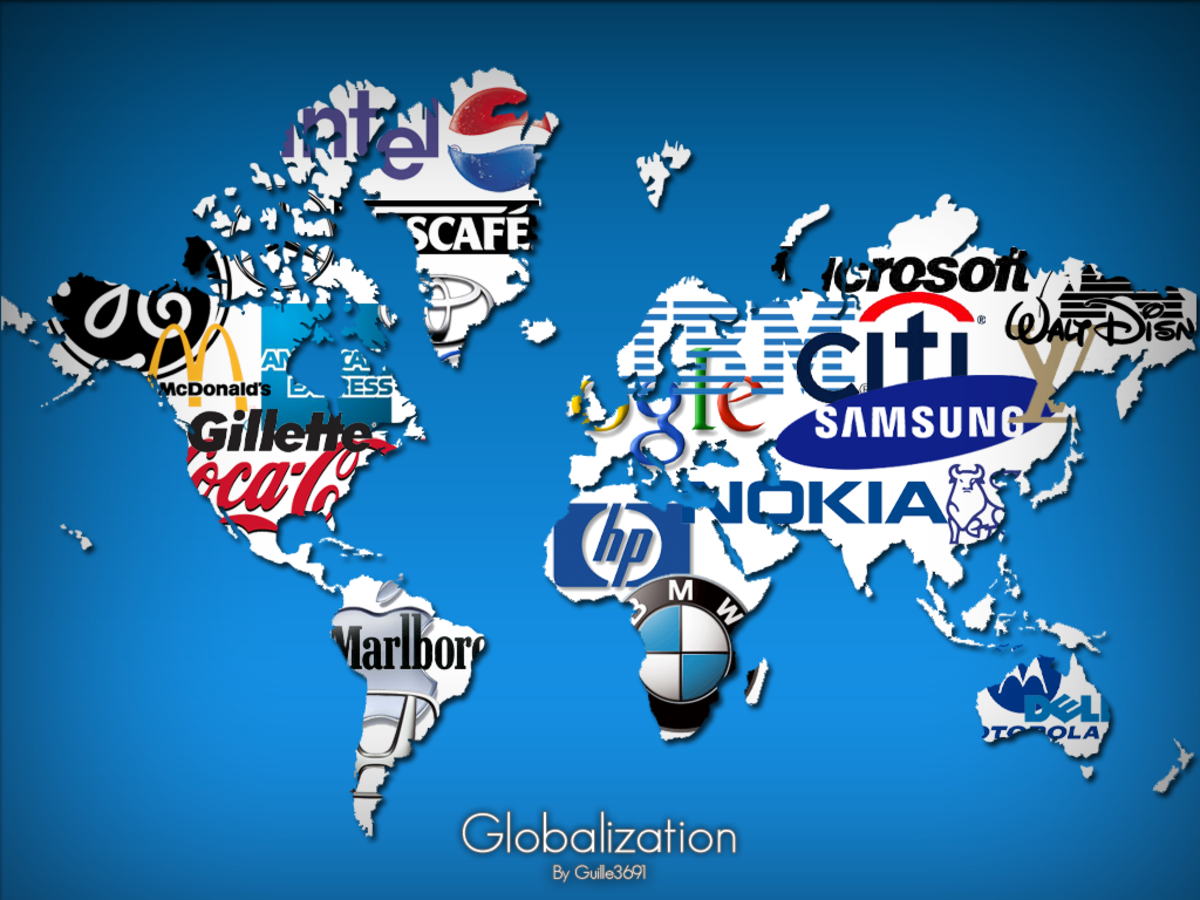What is Social Responsibility? How to be Socially Responsible in the Business and Corporate World

In order to be socially responsible – put into simple terms -- a business must both acknowledge and act on the needs of its community. This business does not merely strive to meet goals related to finances and profits, but also those that are intended to benefit “the greater good.” Many people believe that in order to be socially responsible, you must be a non-profit company or focus solely on the environment and conservative activism. This is patently untrue – these are some types that fit within social responsibility, but they’re far from all that falls within the category. Social responsibility can be summed up in four basic categories, as follows.
Environment
A socially responsible business with an aspect of environmental responsibility acknowledges that we only have one world, and whatever impacts the environment will impact the entire world to some degree. These businesses may focus on things such as recycling, litter control, preventing erosion in places that are in danger, or aid in tree planting.

The companies may also implement environmentally-friendly measures into their everyday operations, such as using more efficient equipment, implementing practices for disposing of potentially hazardous waste in a way that is safer than industry standard, or other such precautions or alterations. In other words, the company operates under the principal that whatever kind of impact it has will have a lasting effect on the planet, and the conscious decision has been to impact the world in as positive a way as they can.

The environmental aspect of social responsibility is possibly the easiest to implement at all levels of a business. For instance, switching out an old incandescent light bulb for a globe LED is a form of social responsibility in that it reduces business energy consumption. Environmental responsibility also varies according to the needs of your community -- for instance, a focus on water conservation in drought areas may be a lot more important than pushing local highway cleanup.
Global Community
Every human has a moral and ethical obligation to others. These “others” include addicts, homeless people, the people starving in third-world countries, people who do not have the advantage of educational opportunities, and those with similar disadvantages. Support can be given to those who need it in many different forms, which may include dedicated time, finances, or expertise toward international issues.
These types of companies can also use their resources such as marketing, contacts in the industry, and other such avenues to raise awareness about the issues that are important to that particular company. Regardless of how these responsibilities manifest themselves in action, it is essential that companies to not simply ignore global issues, and the problems throughout the global community.
Local Community
It is essential that the local community is health if the business within it wishes to be healthy. A business that is socially responsible will recognize this, and will devote some of their resources to bettering their local community. This may include sponsoring local organizations such as homeless shelters, soup kitchens or animal shelters, or similar entities that are necessary for a community’s overall health. Social responsibility may also come in the form of initiatives encouraging employees to volunteer, or offer payroll deductions for select charitable contributions. Businesses may also offer aid to needy families, including emergency funds for those in need of shelter, employment, or money for necessities.

Employees
Bringing the focus a little closer to the business, your employees are the people on whom your business can have the most positive impact. These people must be provided for with a livable wage, reasonable health benefits, knowledgeable and understanding management, and the ability to take time off when there is an emergency or family need. Every employee should be able to expect these bare essentials from their employer. Top businesses in social responsibility also offer their employees retirement benefits, performance incentives, extra paid vacation, profit sharing, or other such ways to get ahead financially and feel fulfilled in their job.
When is a Business Considered Socially Responsible?
In order to be socially responsible, you don’t have to save the world, or even make your business an icon to business responsibility – it may just be something as simple as implementing a recycling program, or bringing in a community leader to discuss volunteering with your staff. The accumulative effect of these small efforts from each and every business really can make a huge impact on the world. While some businesses shift their entire focus to some aspect of social responsibility, that doesn’t mean that more traditional business models can’t be socially responsible in their daily operations too. There are countless ways to make a contribution, and it may even improve your business’s bottom line in the process.
- How Being a Socially Responsible and Ethical Company Has its Benefits
How your business can put social responsibility into action, and benefit from it too. - Does Business Success Come From Practicing Good Ethics? How Businesses are Successful Due to What Th
Business ethics are essential for any consciencious business owner or corporate upper management. However, are ethics necessary for overall success in business? Here's a look at how business ethics have or haven't been used in modern business, and wh








